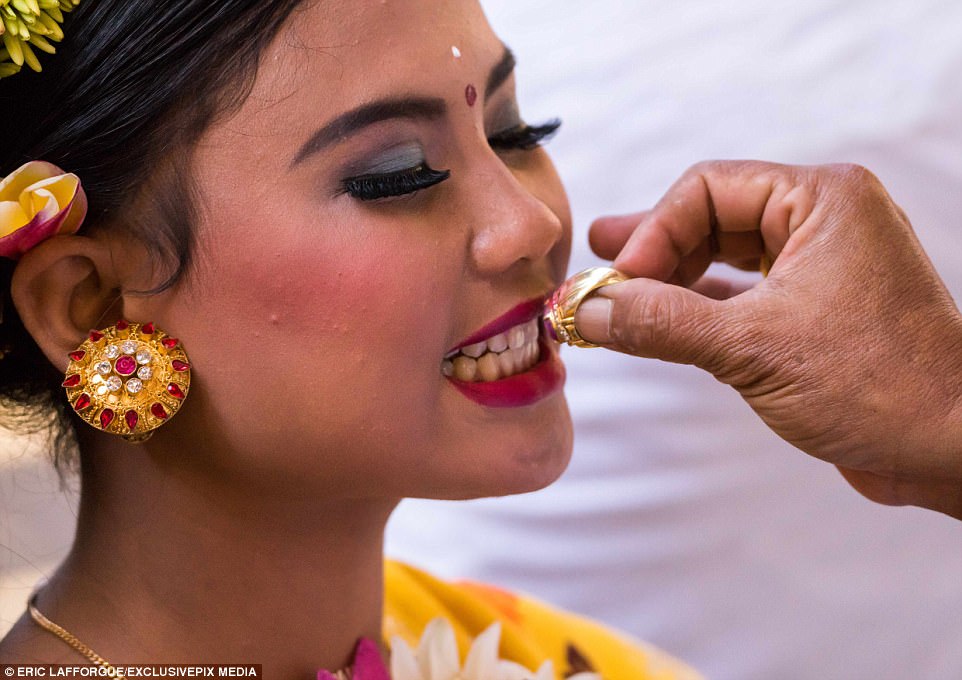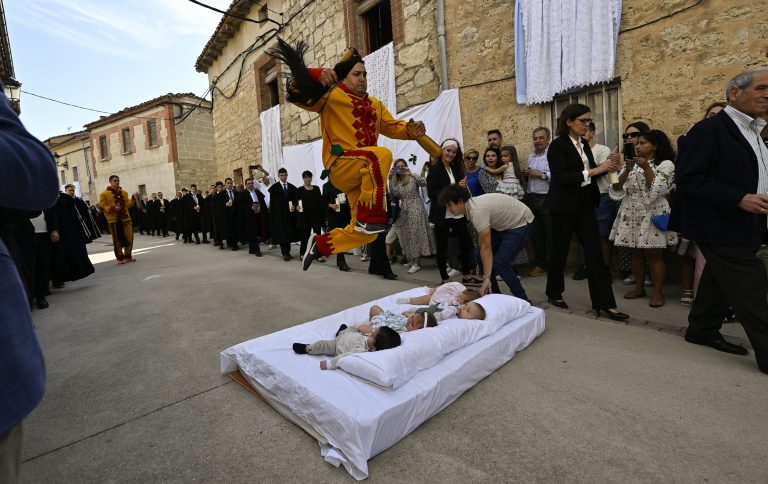
innovuscollege.com – The Balinese tooth filing ceremony, known as Metatah, Mepandes, or Mesangih, is a vital Hindu ritual marking the transition from adolescence to adulthood. Typically held between ages 6 and 18—often after a girl’s first menstruation or a boy’s voice change—this ceremony symbolizes spiritual purification and readiness for adult responsibilities, including marriage. It is part of the Manusa Yadnya rituals, one of the five sacred Pancha Yadnya ceremonies that guide a Balinese Hindu’s life from birth to reincarnation.
Rooted in Balinese Hindu belief, the ceremony aims to balance good and evil within a person by symbolically filing the six upper teeth—two canines and four incisors. These represent the Sad Ripu, or six negative traits: lust, greed, anger, intoxication, confusion, and jealousy. Filing the teeth, seen as animalistic fangs, refines both physical appearance and spiritual character, ensuring the soul is not mistaken for an animal in the afterlife and can enter heaven. The ritual also honors Sang Hyang Semara Ratih, the goddess of beauty, enhancing the participant’s aesthetic and spiritual allure.
The ceremony begins with Mebyakala, a purification ritual using holy water to cleanse participants. The family compound is adorned with colorful textiles, offerings, and gamelan music, creating a festive atmosphere. Participants, dressed in traditional songket and gold brocades, lie on a woven mat featuring Dewa Kama. A priest, often a Brahmin Pedanda or a Sangging, places a sugarcane wedge in the mouth to keep it open and lightly files the teeth, sometimes using cloves for numbing. Family members surround the participant, offering spiritual support during this vulnerable moment, believed to expose them to evil forces. The ritual concludes with prayers to Surya, the sun god, and a three-day isolation period where participants consume foods with six tastes: bitter, sweet, salty, spicy, sour, and burned.
Costing up to millions of rupiah, Metatah is a significant investment, leading some families to delay it or hold mass ceremonies in banjars (village communities) to share expenses. If not performed in life, the ritual is conducted on the deceased before cremation to ensure spiritual purity. Artifacts from Buleleng suggest this tradition predates Hinduism, existing for over 2,000 years, later integrated into Balinese Hindu practices.
Metatah is a private, family-centric event, rarely open to outsiders unless invited by close Balinese friends. Its blend of spirituality, community, and cultural heritage makes it a profound expression of Balinese identity, preparing individuals for a harmonious adult life free from the “enemies of goodness.”






